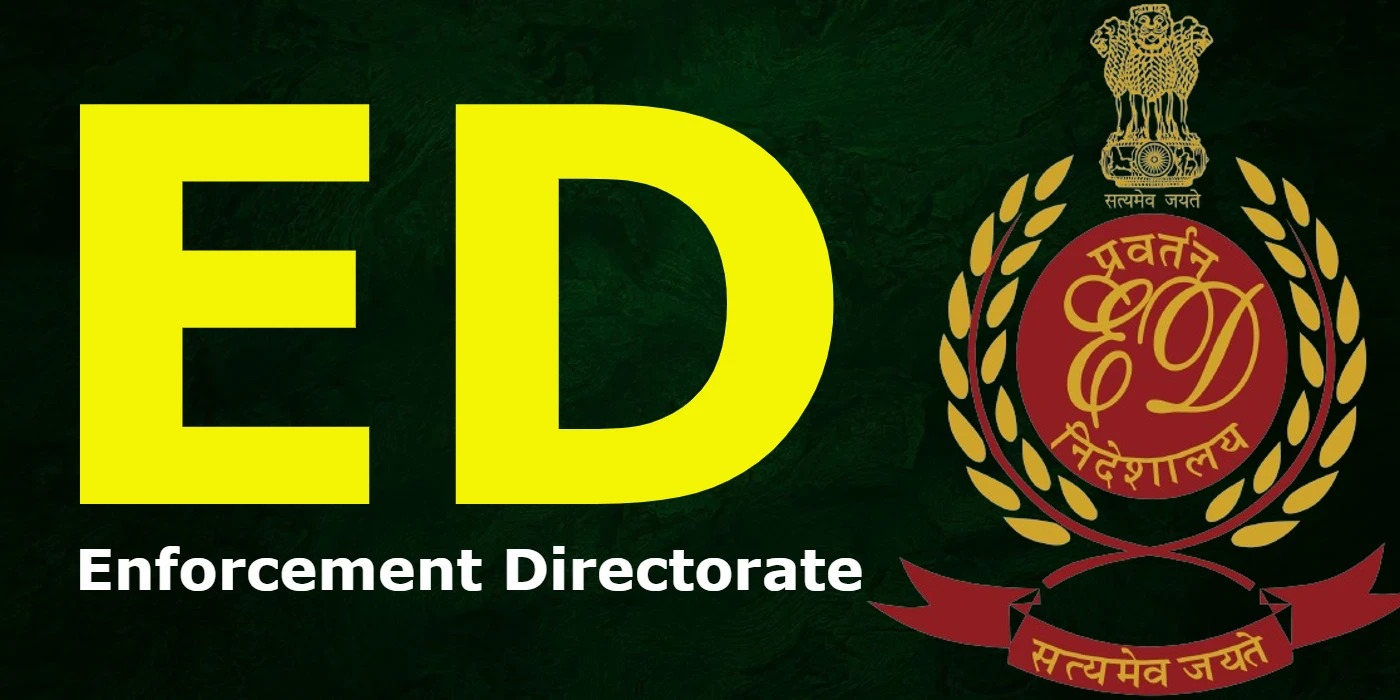@JUDGMENTTAG-ORDER
1. This appeal is preferred by the State of orissa against the judgment of learned Single Judge of orissa High court, dismissing the appeal preferred by the State. The matter arises under the Arbitration Act. In September 1968, an agreement was entered into between the State of orissa and the respondent herein for execution of a certain work. The date stipulated for completion of work was 7/01/1969. On 20/12/1969, a sum of Rs. 1,45,962.00 was a paid to the respondent, on which occasion he made the following endorsement on the Measurement Book: "I accept the measurements in full and final settlement of the work done by me. There is no more to be claimed."
2. The appellant''s case is that having kept quiet for a number of years, the respondent raised a dispute, claiming a certain amount in respect of the said work. The dispute was referred to an arbitrator. Before the Arbitrator, the respondent filed a claim for a sum of Rs. 1,82,395.05 along with interest at 25 per cent per annum from 30/10/1969. The State filed a counter inter alia raising the contention that in view of the aforementioned endorsements on the Measurement Book, the respondent cannot raise any claim for further amount. To this counter, the respondent filed a rejoinder pleading that the said endorsement was obtained by coercion.
3. The arbitrator made an award on 21/04/1976 whereunder he awarded an amount of Rs. 37,213.00 to the respondent with interest at 9 per cent per annum from December 21, 196 9/06/1976. The State applied to the learned Subordinate Judge, Cuttack for setting aside the award under Section 30 of the Arbitration Act. It contended that the arbitrator has failed to decide the main question raised by it inasmuch as he failed to record any finding on the plea raised with reference to the endorsement aforementioned. The learned Subordinate Judge, however, rejected the said contention on the following grounds: The Measurement Book shows that the said endorsement made by the respondent has been scored out. There is, however, no evidence as to who scored it out, at what stage and for what reason; neither the respondent nor the arbitrator can be held to be responsible for such scoring out; since the State has failed to establish the circumstances in which the said endorsement was scored out, in spite of being afforded adequate opportunity, the said endorsement cannot be relied upon for any purpose. Accordingly, he rejected the petition filed by the State and made the award a Rule of the court.
4. The State preferred an appeal before the High court. The judgment of the High court records the following facts: the Measurement Book was produced before the arbitrator; it was submitted to the appellant after the award was passed. On 2/05/1976, the appellant (Executive Engineer) wrote to the arbitrator complaining that the endorsement in the Measurement Book has been scored out without any signature and without showing the date of scoring out. In effect, the blame was sought to be placed upon the arbitrator. In his reply to the said letter, the arbitrator took the stand that the scoring out was there even when the Measurement Book was perused by him and that, in fact, he had pointed out the scoring out to the Executive Engineer then and there. The High court expressed the opinion that it is not possible to blame the arbitrator or the respondent for the said scoring out. Accordingly, it too refused to place any reliance upon the endorsement. It confirmed the judgment of the learned Subordinate Judge.
5. Before us, the learned counsel for the appellant raised two contentions viz., (1 the endorsement is admitted by the respondent, who no doubt pleaded that it was obtained by coercion. He, however, failed to establish coercion. In such circumstances, the issue of scoring out of the endorsement has no significance. Though the award herein is a speaking award, it makes no reference to the said endorsement and (2 that inasmuch as the respondent has raised the present dispute after an inordinate delay of about 6-7 years, there was no justification for awarding interest for the said period. In any event, as held by this court in Executive Engineer Irrigation, Balimela v. Abhaduta Jena, the arbitrator has no power to award interest for the pre-reference period where the award is made prior to the coming into force of the Interest Act, 1978 (the Act actually came into force with effect from 19/08/1981.
6. We have perused the award. It is not really a speaking award in the sense of a judgment of a court. What it does is to take each item of claim and briefly record the reasons for accepting or rejecting it, as the case may be. It is true that it makes no reference to the aforesaid endorsement. Even so, we find it difficult to accept appellant''s case. If the appellant''s case was that the endorsement was scored out unauthorisedly while the Measurement Book was in the custody of the arbitrator, one would expect him to make the grievance before the Subordinate Judge - more so, in view of the correspondence that passed between the appellant and the arbitrator soon after the award was made. But curiously enough no such complaint was made before the learned Subordinate Judge. Both the learned Subordinate Judge and the High court were of the opinion that no value can be attached to the said endorsement in view of the fact that it has been scored out. In the above circumstances, we cannot say that they were not justified in saying so. The first point is accordingly rejected.
7. The second contention of the appellant, however, deserves acceptance. In the claim petition there is no explanation for the delay of 6 to 7 years in raising the dispute. The work was complete towards the end of 1969. He received the money as well for the work done before the end of 1969 whereas he raised the present dispute in the year 1975. Even otherwise, according to the judgment of this court in Executive Engineer, Balimela v. Abhaduta Jena, the arbitrator has no power to award interest for pre-reference period, in cases where the award is made prior to the coming into force of the Interest Act, 1978. No other provision of law entitling the respondent to interest is brought to our notice,
8. For the above reasons, the appeal is partly allowed. The award is set aside to the extent it awards interest for the period December 20, 196 9/03/1975 (the date on which the arbitrator entered upon reference). There will be no order as to costs.

